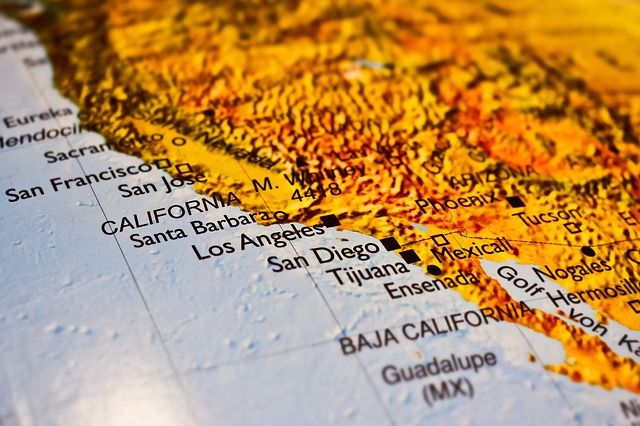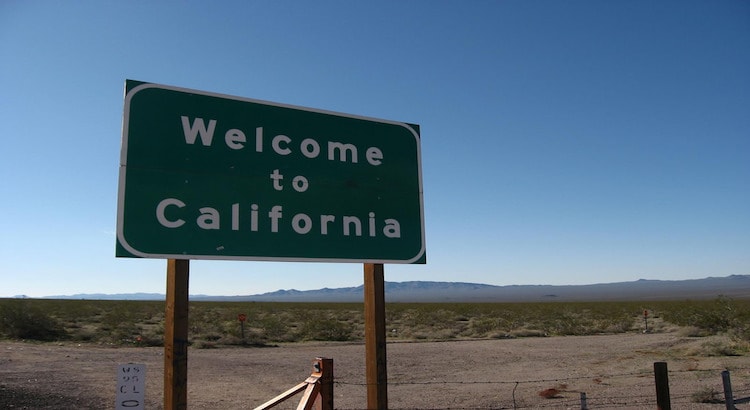
Year One of Legal Cannabis Commerce in California Has Brought Challenges…and Opportunities

Year One of Legal Cannabis Commerce in California Has Brought Challenges…and Opportunities
Opening up a licensed and regulated cannabis business is not a get-rich-quick venture, as many have likely found out. Getting into the cannabis industry is best left to those that truly love the cannabis plant and want to help improve the plight of the cannabis community. There are so many unique bureaucratic challenges facing the industry, but those challenges create huge opportunities for those that can overcome those hurdles.
The first year of cannabis commerce in California has been extremely challenging for the industry, as the Golden State, with more than 39 million people, has fewer licensed retail stores at the moment than Oregon, a state with just over 4 million people, as The Los Angeles Times reported:
After voters legalized marijuana two years ago under Proposition 64, state officials estimated in there would be as many as 6,000 cannabis shops licensed in the first few years. But the state Bureau of Cannabis Control has issued just 547 temporary and annual licenses to marijuana retail stores and dispensaries. Some 1,790 stores and dispensaries were paying taxes on medicinal pot sales before licenses were required starting Jan. 1.
State officials also predicted that legal cannabis would eventually bring in up to $1 billion in revenue a year. But with many cities banning pot sales, tax revenue is falling far short of estimates. Based on taxes collected since Jan. 1, the state is expected to bring in $471 million in revenue this fiscal year — much less than the $630 million projected in Gov. Jerry Brown’s budget.
“I think we all wish we could license more businesses, but our system is based on dual licensing and local control,” said Alex Traverso, a spokesman for the state Bureau of Cannabis Control, referring to the requirement that cannabis businesses get permission from the state and the city in which they want to operate.
***
There is less of a tax burden in Oregon, where voters legalized recreational pot in 2014, and state and local taxes are capped at 20%. With nearly a tenth of the population of California, that state has more licensed cannabis shops — 601. On a per capita basis, Alaska has also approved more pot shop licenses than California, — 94 so far. The state imposes a tax on cultivation, but there is no retail excise tax on pot.
The LA Times notes that several factors that contribute to the current challenges: taxes, lack of banking services, local regulations on top of the state’s rules, city-and-county-wide bans, and the cost of testing among them. Some of the issues in the way of the industry’s success can be tackled at the state and local level, but ultimately, for the California cannabis industry to optimize its potential, federal prohibition must crumble, paving the way for sensible business regulations and the ability to export.
The good news is that progress is being made at the national level and that the lack of licenses now is actually fortuitous for those that are able to survive the current regulatory gauntlet as access to the world’s 6th-largest economy will prove to be extremely rewarding. To best prepare yourself for the present and future of the California cannabis industry, the International Cannabis Business Conference in San Francisco on February 7-8, 2019, is a must-attend event. The ICBC will provide the latest information and provide opportunities to network with top investors, and ask questions of the top state regulators. Secure your early-bird tickets by January 18th to save.
After San Francisco, the ICBC is traveling to Europe for a series of events in Barcelona, Berlin, and Zurich, and then returns back to North America for a Vancouver conference to check in on legalization in Canada. If you are in the cannabis industry, or are thinking of joining, the ICBC is for you. Early bird tickets are now on sale for all of the ICBC’s 2019 events!
Share article


Share article
Join Our Awesome Community
Join Our Awesome Community
Join Our Awesome
Community
Get all the latest industry news
delivered to your inbox







